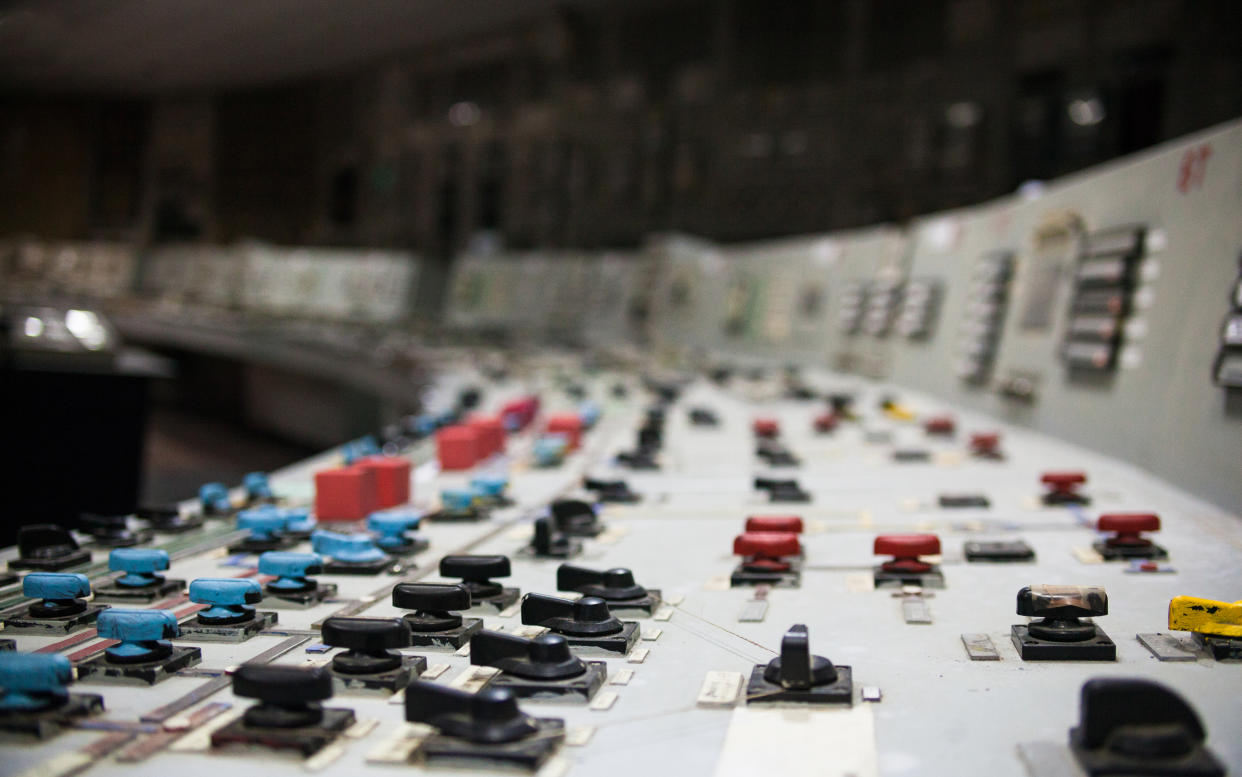Nuclear power may be crucial weapon needed to hit 'net zero'

Nuclear power could be a crucial tool in reaching net zero carbon emissions, especially in countries with low wind levels.
Researchers have found that nuclear power could be useful in delivering the last 20% needed to achieve net zero by 2050.
Lei Duan and Ken Caldeira, of Carnegie's Department of Global Ecology, said that at today's prices, nuclear power is the cheapest option for eliminating carbon from electricity generation.
To achieve the goal of limiting temperature rise to 1.5ºC, global carbon emissions need to be halved by 2030 and reach net zero – where emissions are balanced by carbon absorbed by plants and carbon-capture technology – by 2050.
Read more: Melting snow in Himalayas drives growth of green sea slime visible from space
A rise of 1.5ºC is considered important because above that level there will be more heatwaves, extreme weather events, droughts and greater economic losses.
If countries continue on their current path, the world will see sea levels rising by more than two feet by 2100, according to the UN’s Intergovernmental Panel on Climate Change.
Duan said: "Renewable energy sources like wind and solar are great for reducing carbon-emissions.
"However, the wind and sun have natural variation in their availability from day to day, as well as across geographic regions, and this creates complications for total emissions reduction."
Today, natural gas is used to plug the gaps in electricity generation from solar and wind.
Previous studies have shown that curbing 80% of carbon emissions can be achieved by ramping up wind and solar power harvesting installations.
Read more: A 1988 warning about climate change was mostly right
But gaps between supply and demand created by this variability in natural resources would require significant infrastructure changes – massive expansions in energy storage and transmission capabilities, as well as in energy generating infrastructure.
"To nail down that last 10 or 20% of decarbonisation, we need to have more tools in our toolbox, and not just wind and solar," Caldeira said.
Duan and Caldeira investigated the wind and solar resources of 42 countries and used this information to evaluate nuclear power's ability to provide low-cost energy and replace natural gas as a backup energy source.
Their analysis focused on identifying which countries would benefit from exploring nuclear power as an option for their energy suite sooner rather than later.
They found that in countries with the right geographic and climate conditions for generating ample wind power, such as the US, nuclear power would not be needed until it was required to get over the last remaining hurdles of decarbonization.
Read more: Why economists worry that reversing climate change is hopeless
But in countries with poorer wind resources, such as Brazil, strategic use of nuclear power could enable a faster transition away from carbon.
Duan said: "Under strict greenhouse gas emission controls, reliable power generation provided by nuclear power has a lot of potential value in the electricity grid for most nations.
"Places with poor wind resources can benefit from nuclear earlier in the path to zero emissions, whereas places with very good wind resources would only need it to get rid of the last traces of carbon emissions."
Calder added: "Our analysis looked at the cheapest way to eliminate carbon dioxide emissions assuming today's prices. We found that, at today's price, nuclear is the cheapest way to eliminate all electricity-system carbon emissions nearly everywhere.
“However, if energy storage technologies became very cheap, then wind and solar could potentially be the least-cost path to a zero-emission electricity system."
Watch: Nuclear project Sizewell C wins £100m cash injection


